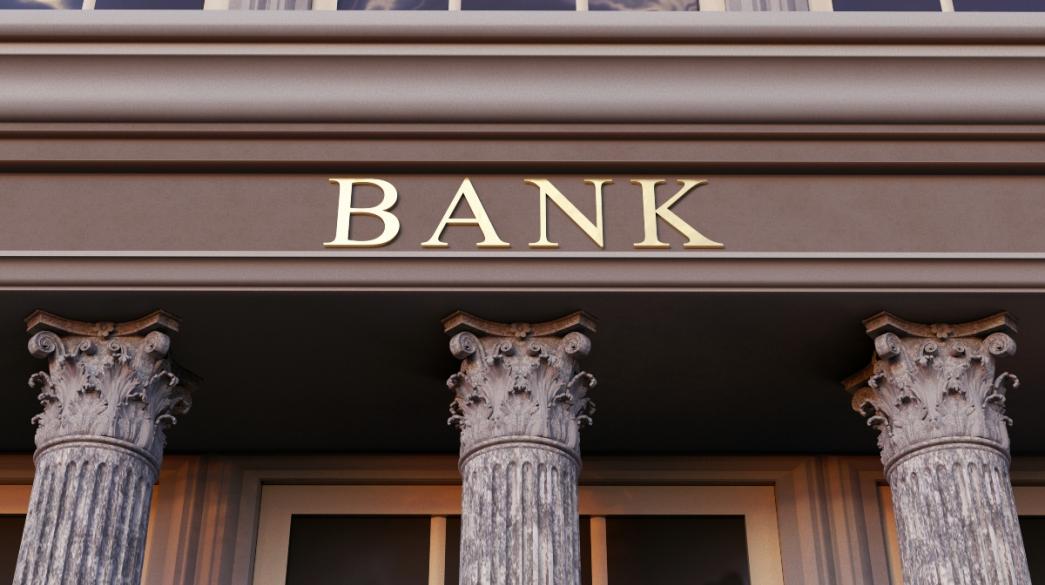The ratings of domestic banks remain at a discount compared to the rating of the Hellenic Republic, with the rating agencies appearing more conservative in upgrading domestic banks following the country's return to investment grade.
The rating agencies have not adjusted the ratings of the four systemic banks - Eurobank, National Bank, Piraeus Bank and Alpha Bank - to the new circumstances created by the country's return to investment grade status, keeping the banks at a significant distance from the government's rating. Something that is not the case for other European banks.
The Greek government now has an investment grade rating (BBB-) on S&P's scale, the lowest rung of investment grade, while the banks are two to four steps away from the government's rating (Alpha BB-, Eurobank BB, National BB, Piraeus BB).
In contrast, the two largest Italian banks, Unicredit and Intesa San Paolo, have a credit rating identical to that of the Italian State. On the S&P scale, the Italian Treasury is rated BBB and exactly the same long-term credit rating is assigned to the two major banks by the leading American house.
According to bank executives' estimates, Greece's upgrade is recent and some time is needed before the banks' upgrades follow.
However, according to the same sources, an additional important reason for the more conservative stance of the rating agencies is the fact that the supervisor did not allow the distribution of dividends for the 2022 fiscal year. As they note, the non-approval of dividend distribution was interpreted as an indication of potential weakness of the banks' balance sheets, as it kept Greek banks in a special regime atypically. Thus, the rating agencies are waiting for more tangible results before proceeding to upgrade domestic banks.
A further focus of concern is the thorn in the side of deferred tax, the DTC, which constitutes a large part of the banks' capital base. It is noted that in no other European country is the DTC dimension so pronounced.
Dividends and upgrades
According to bank executives, the dividend distribution for the 2023 financial year is probably a given, as there is not expected to be a stop by the ECB, as was the case last year. Thus, in the summer, immediately after the annual general meetings, domestic banks will proceed to distribute dividends for fiscal 2023 after a multi-year hibernation.
The dividend distribution will be the last step in the return of Greek banks to European normality and will seal the end of the great crisis of 2010-2015 that led to the banks' impasse and their bailout by the state. It should be noted that the last time the banks made a dividend distribution was in 2008 and it concerned the profits of the 2007 financial year.
The supervisor's 'green light' for the dividend distribution will send a strong signal about the condition of domestic banks and their return to normalcy, which will be taken into account by the rating agencies in their credit rating of the banks. It is expected that the dividend distribution will lead to upgrades of domestic banks in the summer.
Greece has changed
Despite the discount at which bank ratings remain, investor interest in bank shares, following Greece's return to investment grade, is extremely strong, which is reflected in the valuations of the sector's shares.
The impressive improvement in sentiment was reflected in Alpha Bank's deal with UniCredit, the spectacular success of the National Bank placement and the placement of HFSF shares in Piraeus Bank expected in the near future. It is noteworthy that, despite the fact that such a large number of shares will be placed on the market in the coming days (it is estimated that between 20% and 27% will be placed), the bank's shares are moving upwards.
This morning the management of Piraeus Bank will present the results for the fiscal year 2023, as well as the new business plan for the 3 years 2024 - 2026, while a conference call with investors and analysts is scheduled for this afternoon. The release of the results will essentially mark the start of the placement, as the Prospectus for the share offering will be filed with the Hellenic Capital Market Commission immediately.
The placement is expected to take place in early March, while by the end of February it will be decided whether the whole (27%) or part of the HFSF's stake will be disposed of. There are suggestions in the government both to dispose of all 27% held by the HFSF and to retain a percentage (5% - 7%) to be disposed of at a later stage.









